October 15, 2024
Learn about the top 5 common diesel engine problems like hard starts, black smoke, and overheating, and their solutions for drivers in Austin and San Antonio, TX.
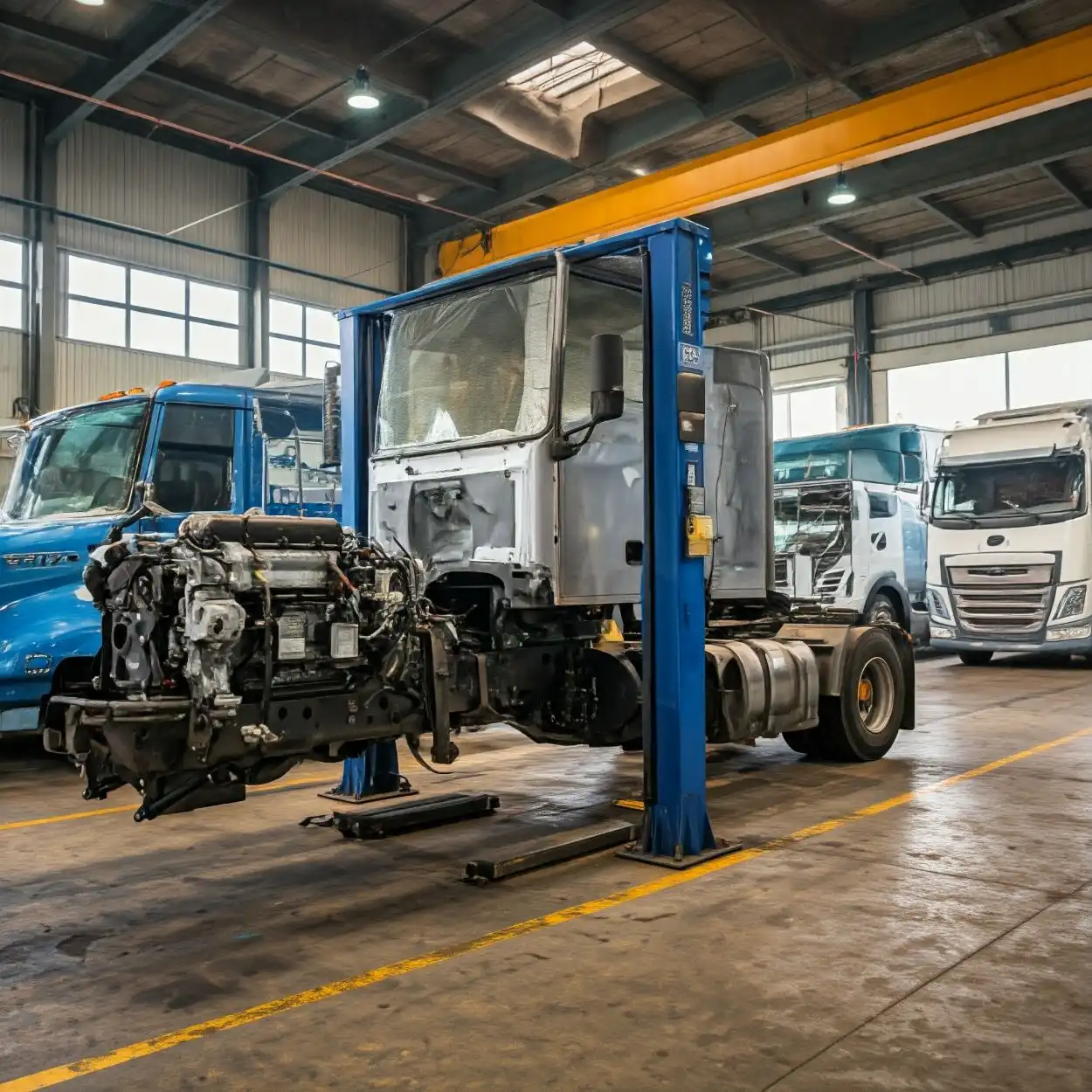
Diesel engines are known for their durability and efficiency, but like any machinery, they aren't immune to issues. Regular use, environmental factors, and normal wear and tear can lead to various problems. Fortunately, with the right know-how, many of these issues are easily solvable. Here are the top 5 common diesel engine problems and solutions to keep your fleet rolling.
Hard Starting or Failure to Start
One of the most common issues faced by diesel engine operators is difficulty starting the engine. Diesel engines rely heavily on air compression, fuel injection, and glow plugs for ignition. Any issues with these components can prevent the engine from starting.
Causes:
- Weak Battery: Diesel engines require more cranking power than gasoline engines.
- Glow Plug Malfunction: Glow plugs preheat the combustion chamber, making starting easier in cold conditions.
- Fuel Delivery Problems: Blockages, air in the fuel lines, or issues with the fuel injectors can disrupt the fuel supply.
Solutions:
- Battery Check: Ensure your battery is fully charged and functioning. Cold weather can strain even new batteries, so inspect connections and charge levels regularly.
- Glow Plug Replacement: If glow plugs aren’t heating properly, replace them to ensure smoother startups.
- Bleed the Fuel System: Air in fuel lines can cause starting problems. Bleeding the system removes air pockets and ensures proper fuel delivery.
Black Smoke Emissions
Diesel engines naturally emit more smoke than gasoline engines, but excessive black smoke is a sign of a problem. Typically, this indicates an imbalance in the air-to-fuel ratio, causing unburned fuel to escape through the exhaust.
Causes:
- Clogged Air Filter: A restricted air filter limits airflow into the engine, disrupting the combustion process.
- Faulty Fuel Injectors: Fuel injectors that spray too much fuel or have worn nozzles can cause incomplete combustion.
- Turbocharger Issues: A malfunctioning turbocharger reduces air intake, causing poor combustion.
Solutions:
- Replace Air Filters: Regular air filter maintenance is crucial. Change filters as part of routine preventive maintenance to keep air flowing freely.
- Injector Calibration: Regular injector calibration ensures fuel is sprayed efficiently and in the correct amounts.
- Turbo Inspection: Check the turbocharger for damage, and ensure it's spinning freely. If damaged, repair or replace it to restore optimal performance.
Overheating
Overheating is a serious problem in diesel engines, especially during the hot Texas summers in Austin and San Antonio. Without proper cooling, engine components can warp or fail entirely, leading to expensive repairs.
Causes:
- Low Coolant Levels: Coolant helps maintain engine temperature. Leaks or insufficient levels can cause overheating.
- Faulty Radiator or Water Pump: A damaged radiator or water pump will prevent the proper cooling of the engine.
- Thermostat Failure: A stuck or malfunctioning thermostat can prevent coolant from circulating properly.
Solutions:
- Check Coolant Levels: Always keep your coolant reservoir topped up. If you notice any leaks, address them immediately.
- Inspect the Radiator and Pump: Regularly check your radiator and water pump for signs of damage or malfunction. Replace any faulty components as needed.
- Thermostat Replacement: If your engine consistently runs hot, replacing the thermostat is a simple and cost-effective solution.
Loss of Power
Loss of power is a common diesel engine issue, especially under load. It can stem from a variety of mechanical or fuel-related problems, all of which impact the engine's ability to generate sufficient power.
Causes:
- Dirty Fuel Filters: Clogged fuel filters restrict fuel flow, leading to poor engine performance.
- Turbocharger Problems: A faulty or damaged turbocharger can limit airflow, causing power loss.
- EGR Valve Issues: The exhaust gas recirculation (EGR) system can get clogged with soot, restricting air intake and reducing power.
Solutions:
- Replace Fuel Filters: Regularly change fuel filters to ensure a steady flow of clean fuel to the engine.
- Turbocharger Maintenance: Check for leaks or damage in the turbocharger. Regular cleaning and inspection can prevent power loss.
- Clean or Replace the EGR Valve: Cleaning or replacing a clogged EGR valve can restore power and improve fuel efficiency.
Oil Contamination
Oil contamination is a silent killer for diesel engines, leading to poor lubrication and, ultimately, severe engine damage. Diesel engines rely on clean oil to function smoothly, but over time, contaminants can accumulate.
Causes:
- Leaking Seals or Gaskets: Worn seals can allow coolant or fuel to mix with the engine oil, leading to contamination.
- Blown Head Gasket: A blown head gasket can cause coolant to leak into the oil.
- Oil Degradation: Over time, oil breaks down, losing its ability to lubricate and clean the engine.
Solutions:
- Replace Seals and Gaskets: Regular inspection of engine seals and gaskets can help prevent oil contamination. Replace worn components immediately.
- Monitor Oil Quality: Check oil levels and quality regularly. If oil appears cloudy or has an unusual texture, change it immediately.
- Routine Oil Changes: Following the manufacturer's recommended oil change intervals helps prevent oil degradation and contamination.
Don’t Let Diesel Problems Slow You Down
From hard starting to turbocharger issues, these problems can be addressed with the right knowledge and tools. Stay ahead of the curve by following preventive maintenance schedules, inspecting components regularly, and addressing minor issues before they become major repairs.
If you're dealing with one of these common diesel engine problems, our team at Austin Fleet Services is here to help!
AFS News & Articles
Read About The Latest in Industry
Here, you'll find regular articles covering a wide range of topics related to diesel repair, maintenance, and troubleshooting. Whether you're an operator, fleet manager, or diesel engine enthusiast, you'll find something of interest here.
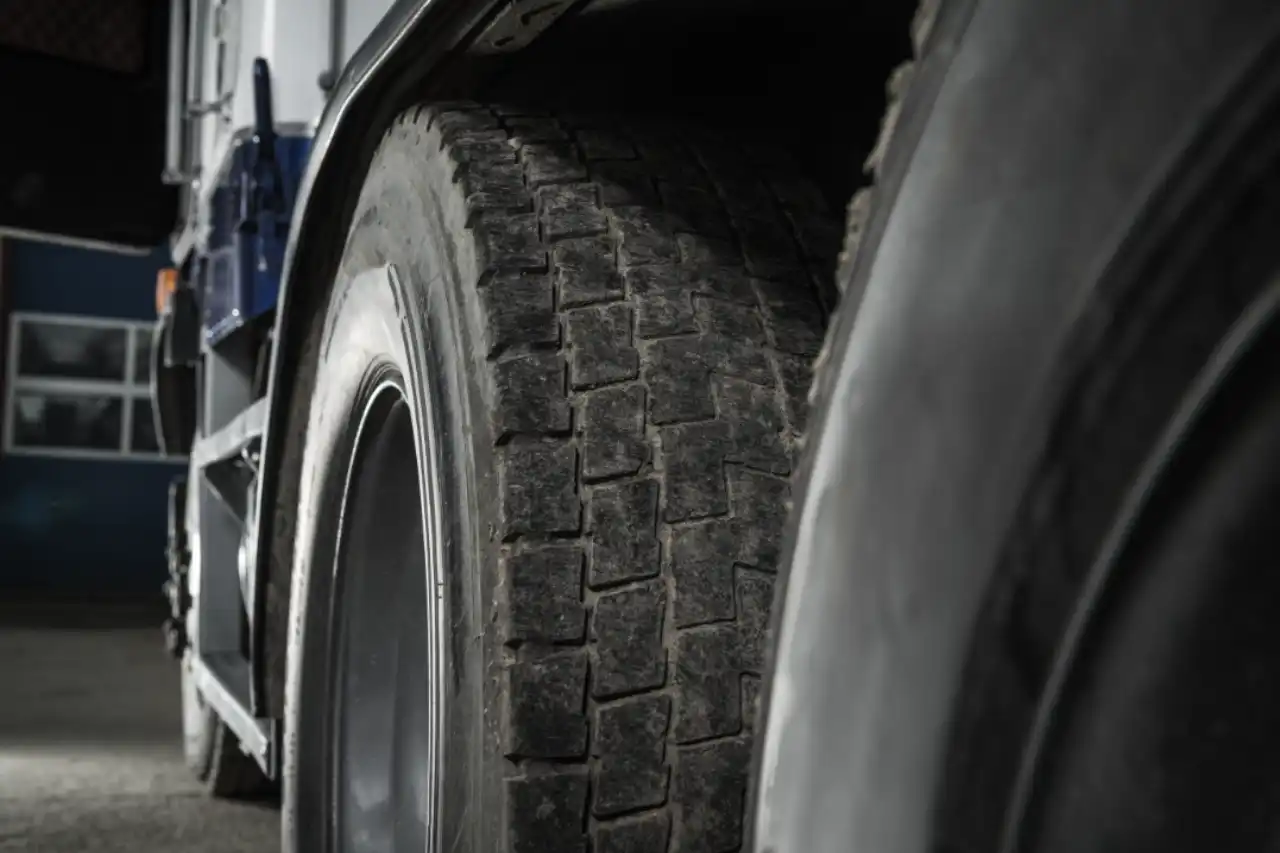
The Importance of Regular Truck Tire Inspections
Regular truck tire inspections improve fuel efficiency, prevent costly blowouts, ensure DOT compliance, and extend tire lifespan. Stay proactive to keep your fleet running safely.
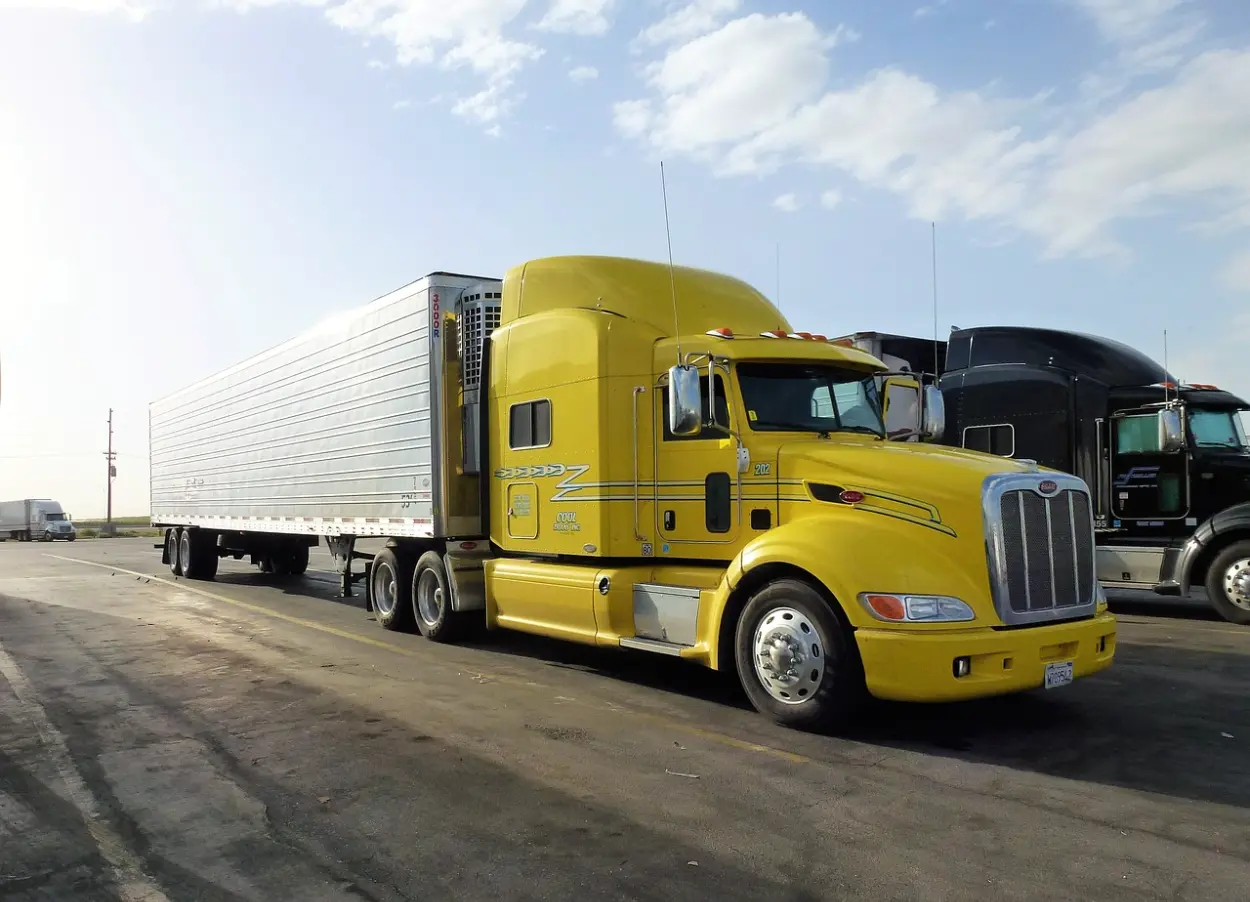
When to Replace Your Truck’s Air Filters: Key Signs
Replace your truck's air filter when you notice reduced fuel efficiency, loss of engine power, black exhaust smoke, unusual noises, or visible dirt. Regular checks every 10,000-15,000 miles and using quality filters help maintain engine performance, reduce emissions, and prevent costly repairs.

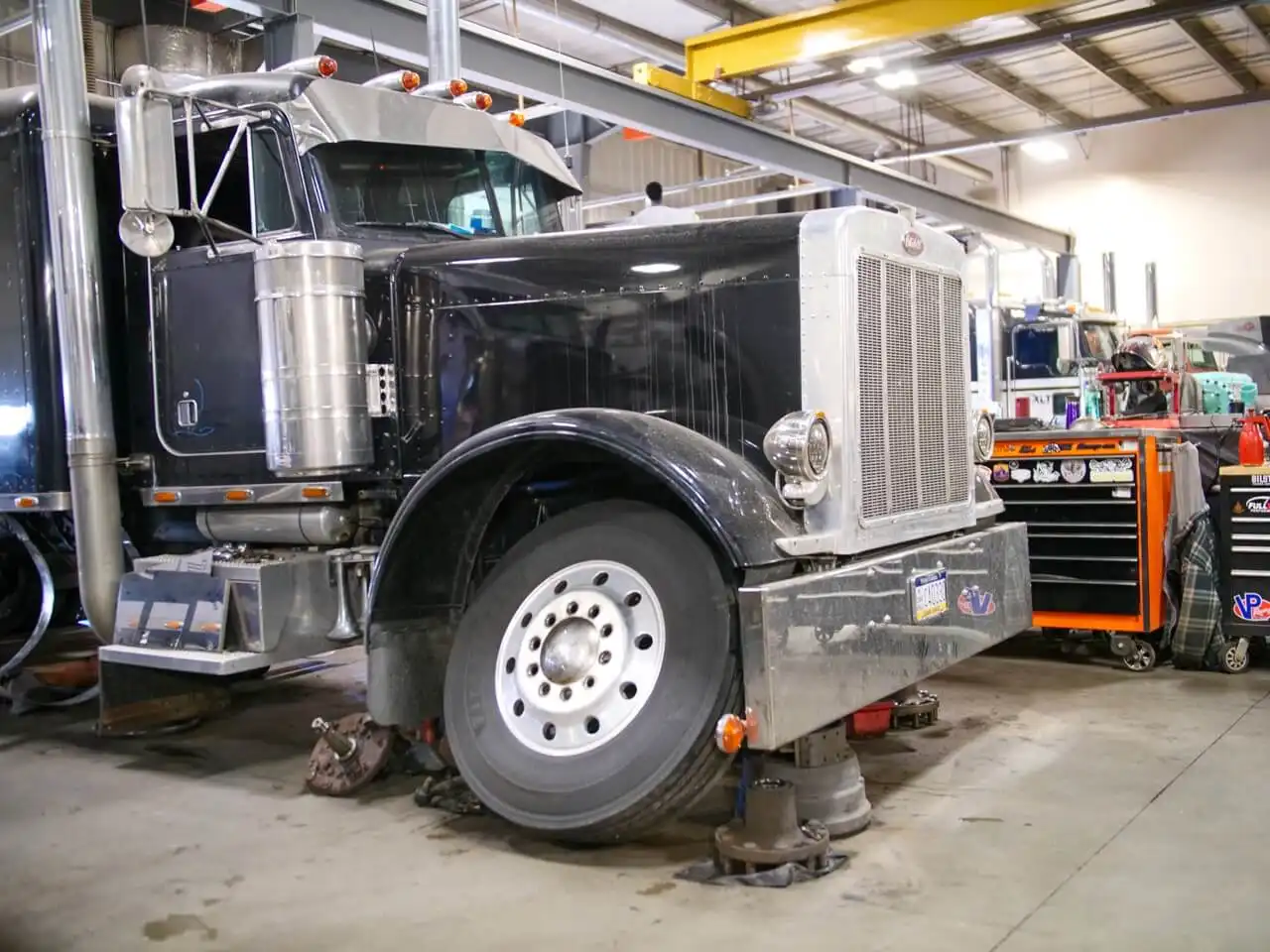

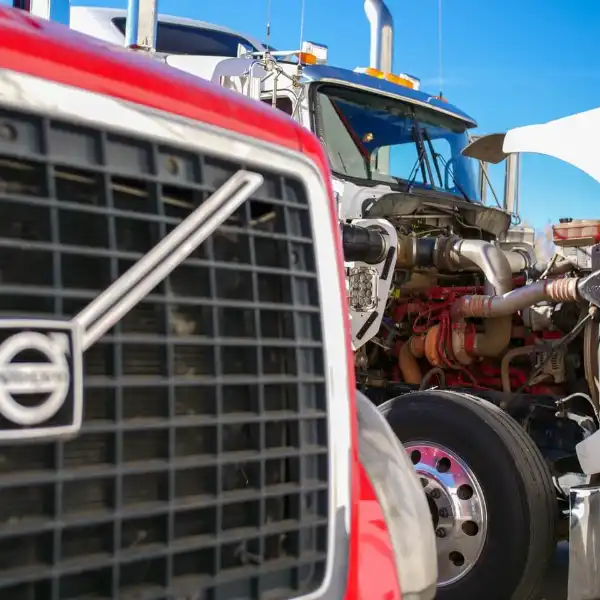
4 Diagnostic Tips and Tricks to Overcome EGR & DPF Issues
Beat downtime & repair costs! Learn how to diagnose & fix EGR & DPF problems in your commercial trucks. Includes cleaning methods, preventative tips & more.
.webp)
The Latest Advancements & Benefits of Diesel Technology
Diesel engines are an essential part of our daily lives, powering everything from cars and trucks to trains and boats.
Why Choose Austin Fleet Services?
We can come to you!
Our Patented Service Vehicles are specially designed and equipped to perform 85% of all vehicle maintenance and repair requirements on site.
Read our reviews
"William is a awesome guy. He did a great job. Called about the tandem axle not sliding and helps me fixed some other little issue. I definitely recommend austin fleet services"
"These guys are great, had an emergency with a DEF pump on a black Friday, only shop that picked up the phone, took my driver in immediately and didn't give me the runaround like most do now. I asked not to diagnose anything and just change the pump. Truck back on the road in 3-4 hours and saved us at least 3 days waiting for another shop to open. Definitely coming back here next time our trucks are in the area!"
"Outstanding experience with AFS and George, their knowledgeable mechanic who replaced my valve cover gasket. My vehicle is running smoother than ever. Thank you AFS!"
Contact Us
Get in touch with Austin Fleet Services today to schedule service in-shop in San Antonio or Austin/Pflugerville, or via mobile service in the surrounding areas.
Pflugerville, TX 78660
San Antonio, TX 78219
